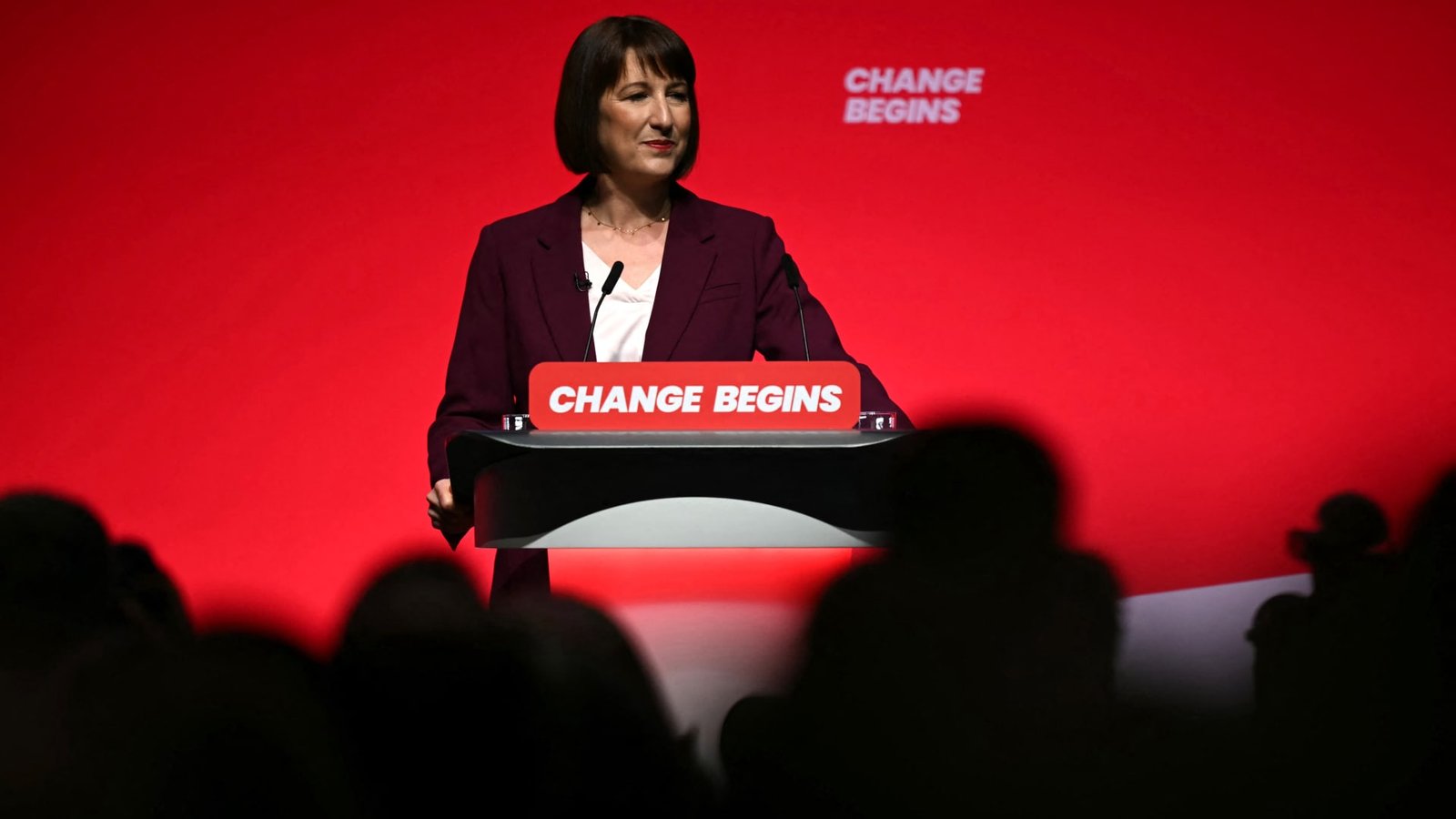Liverpool, ENGLAND — U.K. Finance Minister Rachel Reeves assured on Monday that Britain would not revert to austerity measures, although she acknowledged that tough decisions would be necessary when presenting budget proposals next month.
Addressing a gathering of Labour party delegates on Monday, Reeves stated, “It will be a budget with real ambition … a budget to deliver the change we promised. A budget to rebuild Britain.” She emphasized, “There will be no return to austerity.”
Her keynote speech, briefly disrupted by interruptions from a pro-Palestinian protester in the audience, coincided with the commencement of Labour’s annual party conference on Monday — the party’s first conference in power in 15 years.
The Labour government has been criticized for painting a bleak picture of the state of public finances, with Prime Minister Keir Starmer cautioning about “painful” decisions following the party’s victory in the July general election.
Recent data from the Office for National Statistics revealed that the U.K. national debt has reached 100% of gross domestic product for the first time since 1961. The deficit for the financial year up to August totaled £64.1 billion ($85.4 billion) — £6.2 billion more than forecasted in March.
Reeves hinted at potential tax increases in the upcoming Autumn budget on October 30 after identifying a £22 billion ($29 billion) deficit in public finances. Her predecessor Jeremy Hunt, from the Conservative Party, dismissed these claims as “fictitious.”
Acknowledging the challenges ahead, Reeves told the audience on Monday, “I know that you are impatient for change. But because of that legacy inherited by the Conservatives, the road ahead is steeper and harder than we expected.”
Despite the difficulties, Reeves expressed optimism, stating, “My optimism for Britain burns brighter than ever. My ambition knows no limits.”
Reeves defended a controversial decision made earlier in the month to reduce winter fuel allowances for many pensioners, describing it as the “right decision in the circumstances we inherited.”
She reiterated that the government would not increase income tax, National Insurance contributions, value-added tax, or corporation tax. Instead, she pledged to boost revenues by eliminating the U.K.’s non-dom tax exemption and cracking down on tax avoidance and evasion.
The finance minister reaffirmed the government’s pro-business stance and announced plans for a business summit and a new national industrial strategy to be unveiled next month. These initiatives would include measures to help Britain achieve its net zero and clean energy objectives by 2030.
Reeves also highlighted ongoing trade negotiations with major partners like India, emphasizing the government’s commitment to opening up new markets.
Warning about the consequences of delayed action on government spending, Reeves cautioned that it could undermine the U.K.’s fiscal position, impacting public services, mortgages, and inflation. She referenced the failed mini-Budget of former Conservative Prime Minister Liz Truss, stating, “The Liz Truss experiment showed us that any plan for growth without stability leads to ruin.”
Recent polling indicated a decline in public enthusiasm for the government, with half of Britons expressing disappointment in the government’s progress, according to Ipsos opinion polling. Gideon Skinner, Ipsos’ senior director of U.K. politics, noted that the findings suggested the end of the government’s “honeymoon period.”
Tom Selby, director of public policy at financial services firm AJ Bell, remarked that Reeves’ speech did little to alleviate concerns about the upcoming fiscal challenges. He highlighted the need for clarity on the impending budget decisions, expressing uncertainty about potential reforms to pension tax relief, tax-free cash, and Capital Gains Tax.




